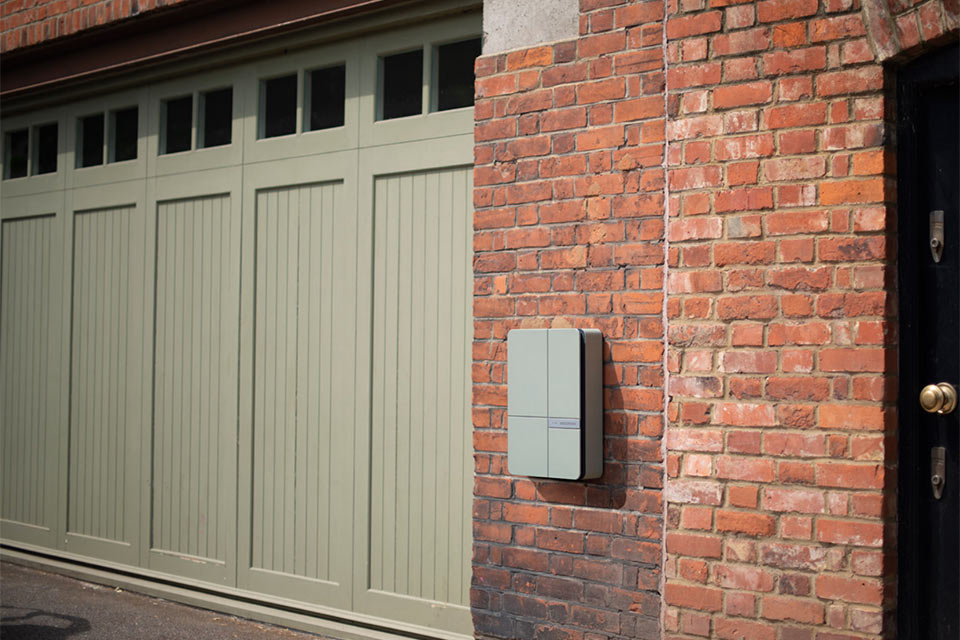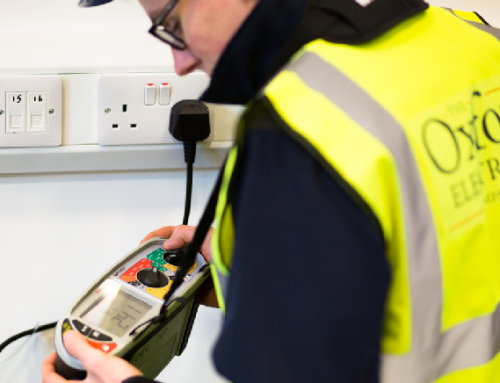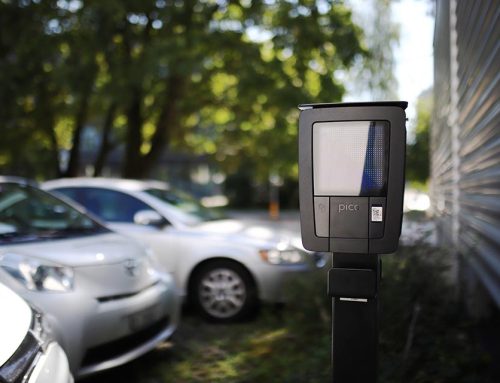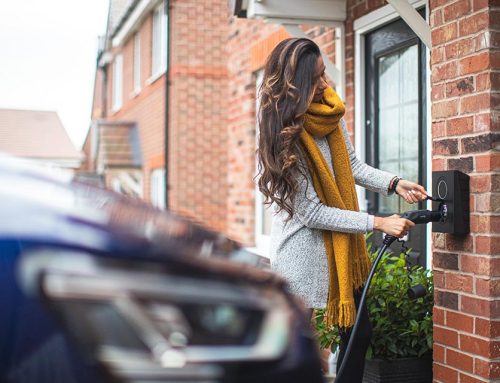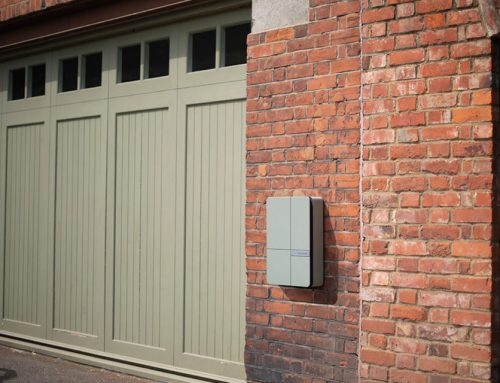When we think about the future of electric vehicles and how charging them at home could not only save money, but earn money, we need to change our thinking from transport to power storage. Your fully charged EV sitting unused throughout the day is essentially a big battery on wheels – one that could potentially earn you money.
This is not a new concept outside of Europe. When an earthquake damaged the Fukushima nuclear power plant in Japan in 2011 there were widespread power cuts, Nissan and Mitsubishi sent electric vehicles not only to drive relief workers around and deliver supplies but to help keep appliances and mobile phones charged. This event was the turning point in the development of the technology that would allow electricity stored in EVs to be shared with the national grid and households.
When you consider that by 2030 there will be no new petrol or diesel cars being sold in the UK, there will potentially be 14 million electric batteries driving around the country, and this could generate a ‘virtual power plant’ of up to 200 GW – more than double the peak energy requirement on the UK grid.
The technology needed to achieve this is an EV charger that works in both directions, taking power from the grid and returning it. We are already use them for solar panels, where owners of solar generated power can sell their surplus power back to the grid. Bidirectional chargers allow users to store cheaper off-peak electricity in a vehicle battery and then then use it in their homes when electricity from the grid is more expensive (known as vehicle-to-home (V2H) technology ) or sell it back to the grid for more than it was purchased for (vehicle-to-grid (V2G).
The UK is still a long way off from bidirectional charging being commonplace, but there are V2G trials happening worldwide to try to commercialise it. However, in the UK OVO Energy and Nissan ran a three-year trial and installed 330 bidirectional chargers in UK homes. The results of the study were that households saved up to £590 a year on their electricity bills by supplying the grid from off-peak stored energy during peak evening hours. You can read more here.
Meanwhile, if you are considering a home charger for your EV then ensure you are considering a smart EV charger so that your vehicle will only charge during off-peak hours saving you money. Despite the rising cost of energy, you can still save money by buying an electric car and having a home charger installed. It is cheaper to charge from home than from commercial charging points and some workplaces, universities and supermarkets even offer charging for free.
If you are considering an electrical vehicle, or have one and want to have a smart EV charger installed at your home, do give us a call on 01865 803017 or email info@theoxfordelectricalcompany.co.uk. We can talk you through all your options and chargers, and where best to install a home EV charger. We can then give you a quote for you to decide if it’s a feasible option for you and your family.


